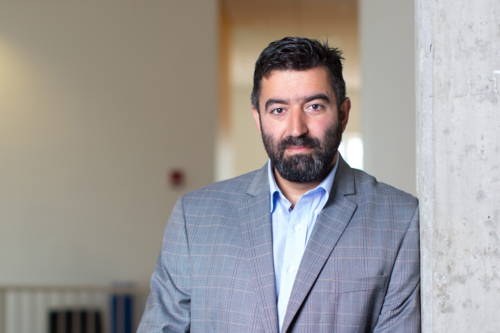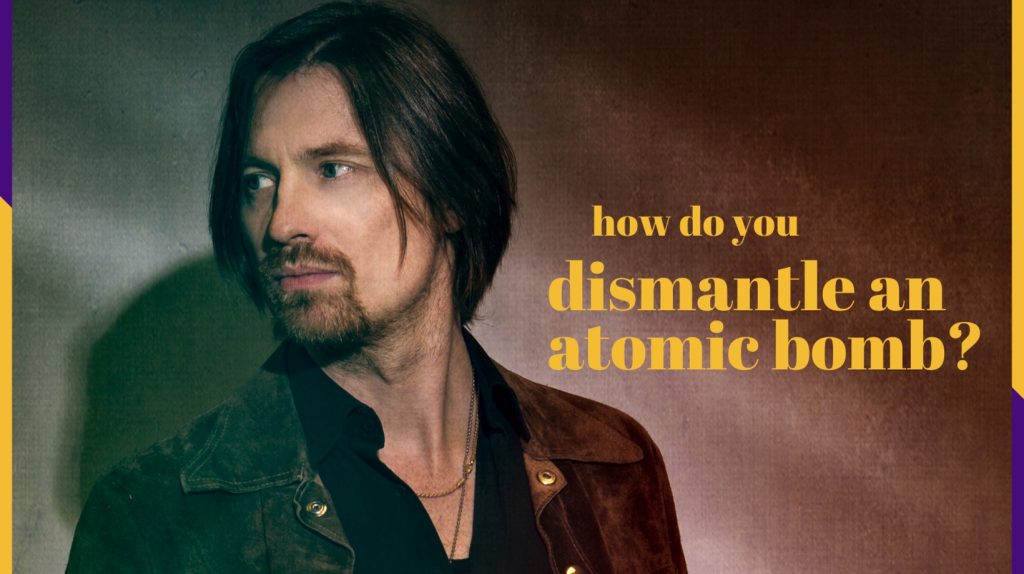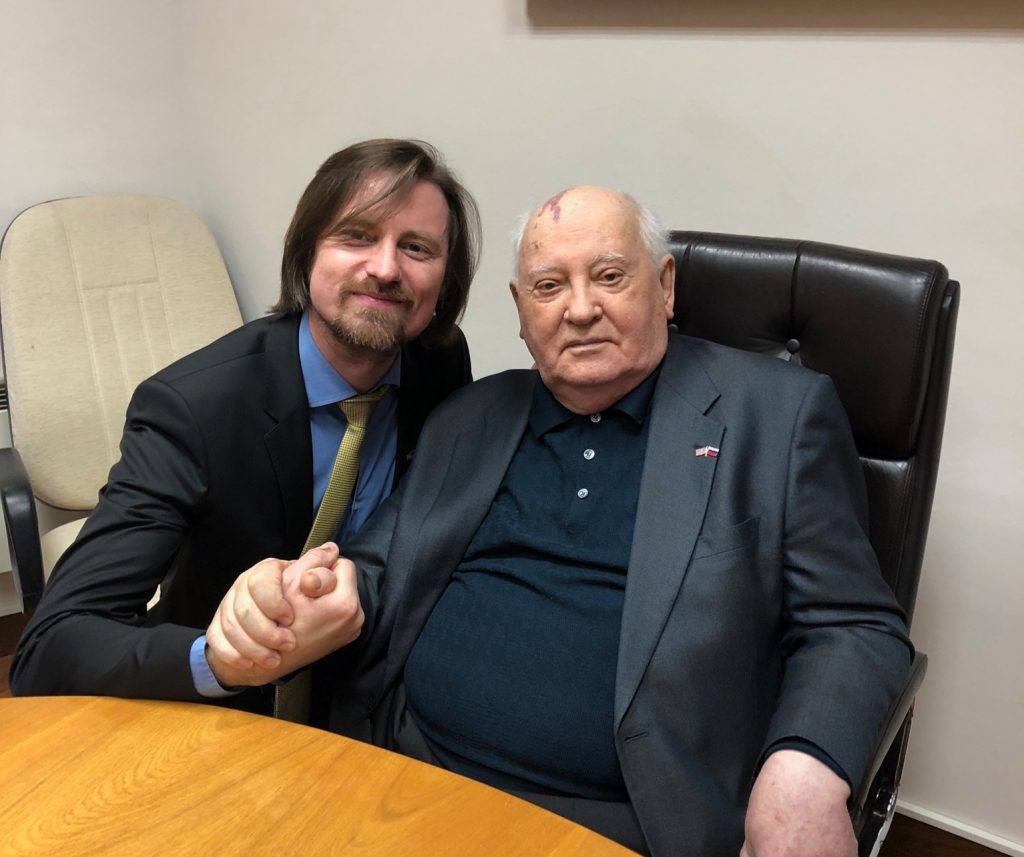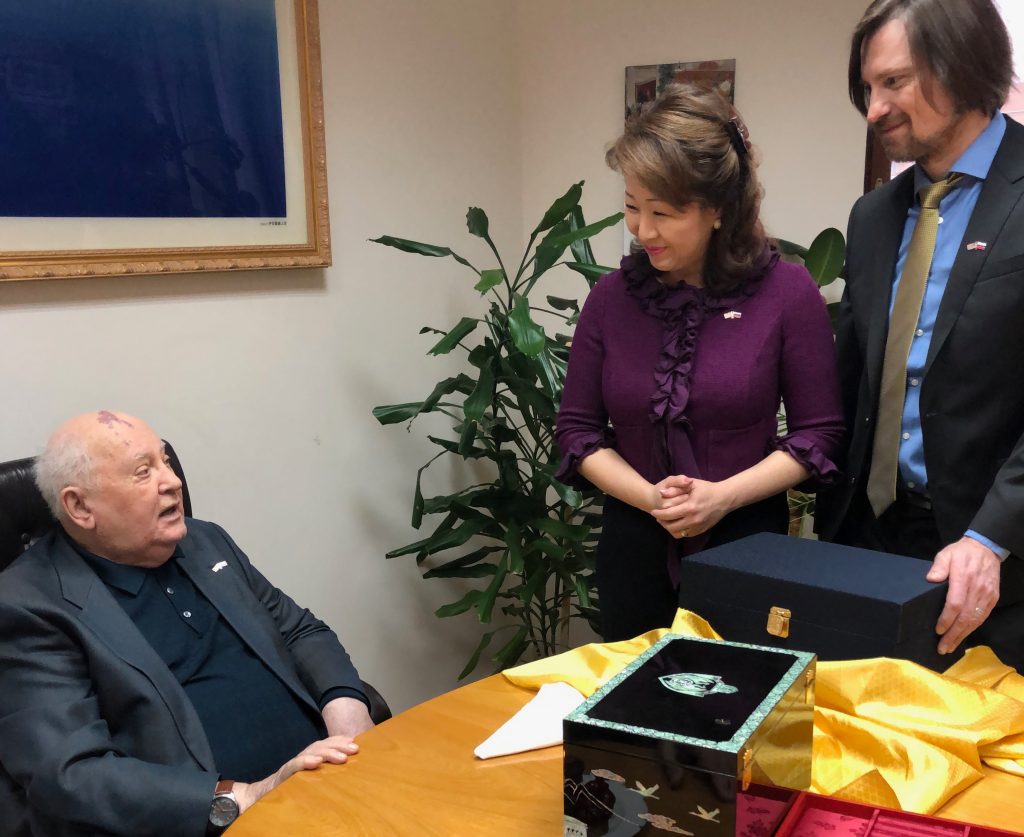Hear the podcast
Today I want to talk about my release “How do you dismantle an atomic bomb”
Yes, “U2” has an album and punk rockers in “Useless ID” has a song with a
similar title. I wanted to record and release this song for mainly two reasons. First
one is the obvious. How do you dismantle an atomic bomb? Should we? Most will
say yes, but are the consequences of a nuclear war so overwhelming that people
just block it out?
Areg Danagoulian, an assistant professor of
nuclear science and engineering at MIT says to
“MIT News” that:
“The concept of nuclear war is so big that it
doesn’t [normally] fit in the human brain – it’s so
terrifying, so horrible, that people shut it down.”

Out of sight – out of mind. And can we be blamed? Haven’t we enough on our
minds right now? Haven’t we got enough to worry about? Rising viruses and
fading democracies, changing climate and sticky conspiracy theories…
something has to give, right?
The U.S. and Russia possess about 11,800 nuclear weapons between them.Total warheads in the world if we add nuclear warheads in United Kingdom, North Korea, China, India, Pakistan,Israel and France is 13,500. These are rough estimates as the exact number of nuclear weapons in each country’s possession are closely held national secrets.
13,500 warheads and the numbers rising again… this remains one of thebiggest threats in this world.
It is more than enough demonic power to kill half of the worlds population and
disrupt infrastructure at a level that would be catastrophic for most peoples lives.
This cannot be forgotten, and this is my number one reason for bringing forth this
topic. I understand what Danagoulian is saying, but I simply think we cannot
afford to leave this topic dangling.
Second reason for releasing this song is this: In historical context, the number of nuclear weapons in the world has declined significantly since the Cold War: down from a peak of approximately 70,300 in 1986 to an estimated 13,500 in mid-2021.Government officials often portray that accomplishment as a result of currentorrecent arms control agreements, but the overwhelming portion of the reduction happened in the 1990s.
This explains to us in numbers the importance of the work that was
initiated by Soviet Unions (Russia) president Mikael Gorbachev and Unites
States president Ronald Reagan at the end of the 80’s.
The two presidents came out of a culture of enmity between the two countries but
managed almost miraculously to first meet and later make arms reduction
treaties that made a significant impact.
Growing up in Norway during the 70’s and the 80’s I will never forget the sense of
fear and speculation that we felt being a small country smack in the middle of
these two super powers.
What if one of them pushed the big button and started a full scale nuclear war?
What would happen to us? How could we foresee a future of peace?
A year or so back I had the chance to meet Gorbachev together with my wife and
we thanked him personally for his contribution to make this world a safer place.
Meeting a political hero up close and learn about his “ordinariness” got me
thinking about the power of one individual. It got me thinking that with a clear
mind and a beating passionate heart, it IS possible to make a change for better in this
world. This meeting of ours became a call to action for me.
This songis a small contribution.
My wife and I also invited him to continue do whatever he could to further peace
talks between North and South Korea, a new hot spot for potential conflict
between the east and the west. Gorbachev expressed deep concerns about the
situation and even though he is now very old he promised to do what he could.



You choose peace or war?